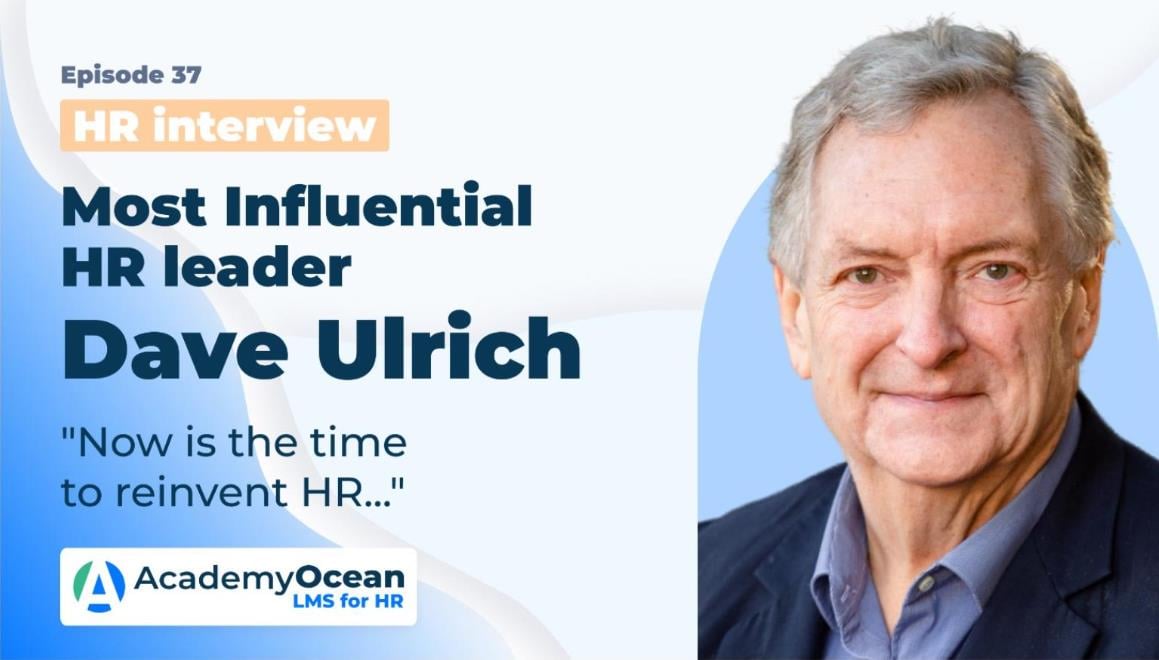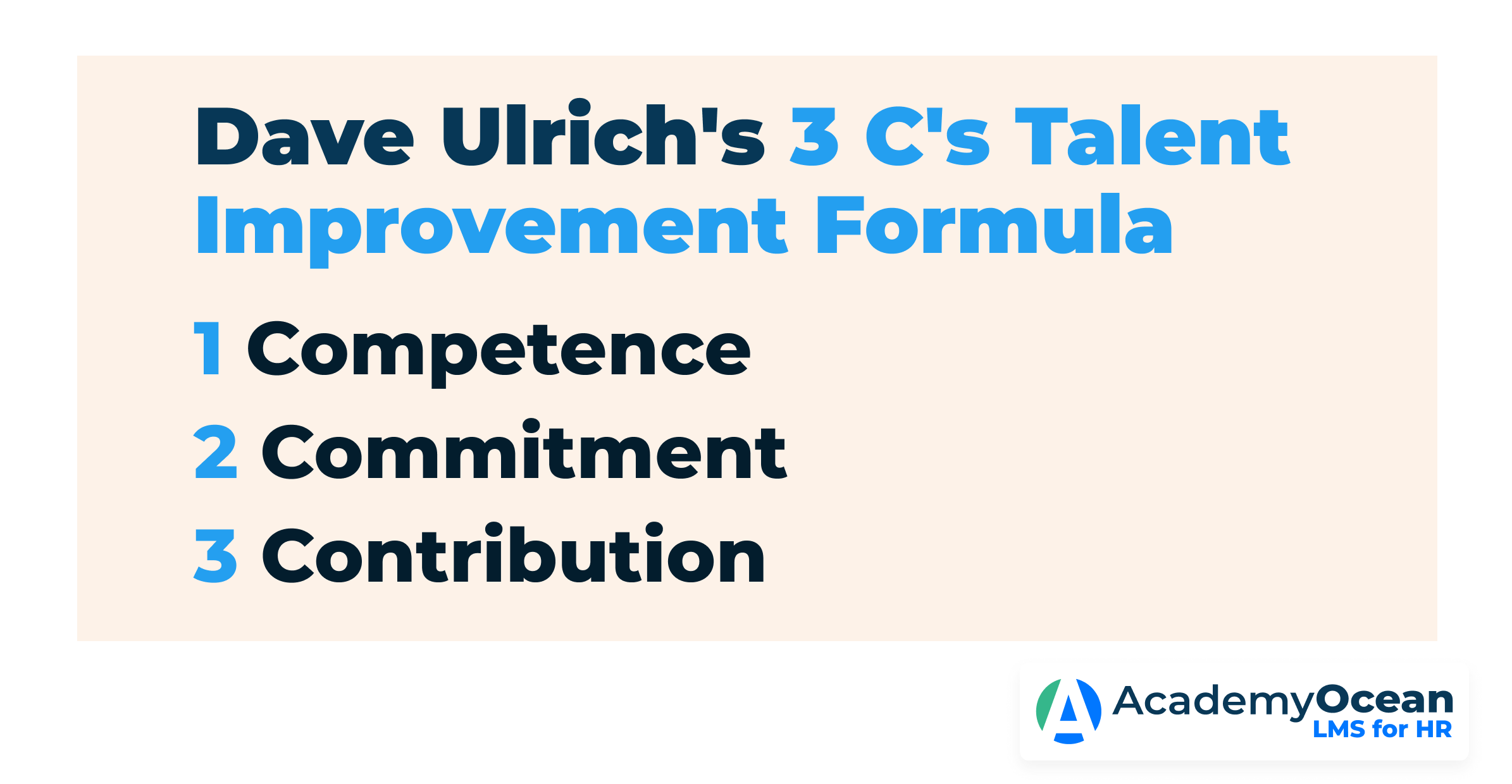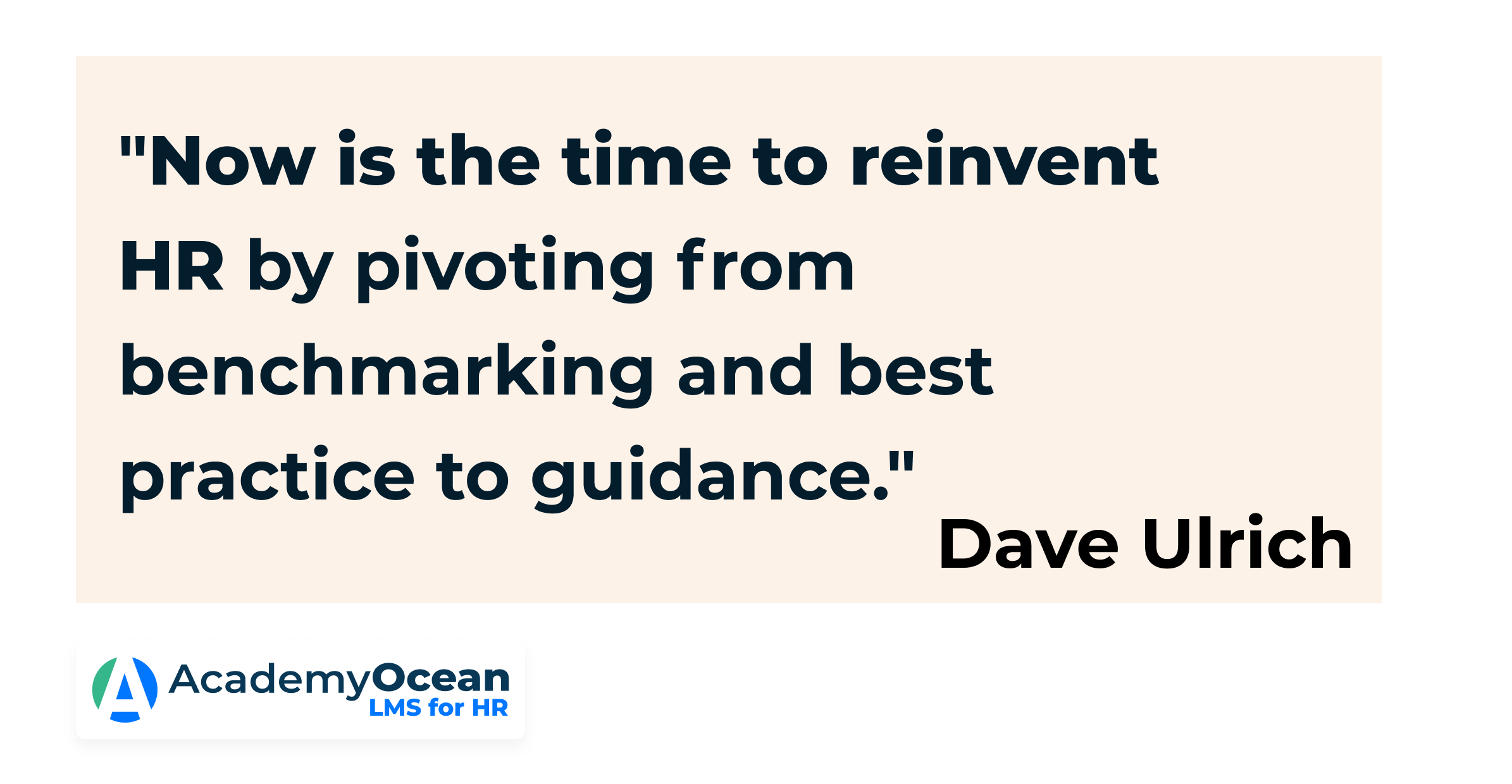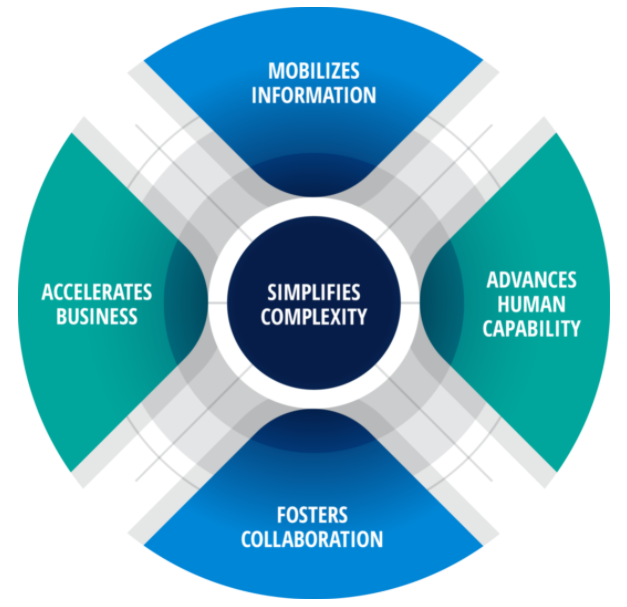Dave Ulrich: "Now is the time to reinvent HR..."

📌 Read the interview to learn how to become more effective as an HR professional and get professional career advice from Dave Ulrich!Hello dear readers!
Today our guest is an incredible personality, the father of modern HR - Dave Ulrich!

Dave Ulrich is the Rensis Likert Professor at the Ross School of Business, University of Michigan, and a partner at the RBL Group, a consulting firm focused on helping organizations and leaders deliver value.
He has published over 200 articles and book chapters and over 30 books. He edited Human Resource Management 1990-1999, served on the editorial board of 4 Journal and on the Board of Directors for Herman Miller (16 years).
Dave has spoken to large audiences in 90 countries; performed workshops for over half of the Fortune 200; coached successful business leaders, and is a Distinguished Fellow in the National Academy of Human Resources.

HRSE KSA (HR Summit & Expo), Saudi, september 2021
He is known for continually learning, turning complex ideas into simple solutions, and creating real value for those he works with within three fields.
АО: Hello Dave! We are happy to welcome you to our blog! You are rightfully called the “father of modern HR”, and we are very impressed by your approach to talent management with an open mind.
I'm sure we'll have a great conversation. Let's start!
АО: Over the past half-century, the HR field has overcome many waves of development, approaches, and strategies have changed.
What do you think has been and will always remain the foundation of effective talent management regardless of trends?
Dave: I like the statement, “plus ca change, plus c’est la même chose” (French for the more things change, the more they are the same).
We have discovered a three-part formula for improving talent:
- [1] competence. Make sure that employees have the hard and soft skills for today and tomorrow;
- [2] commitment. Help employees become engaged with the organization (beyond satisfaction to engagement);
- [3] contribution. Offer employees a meaningful experience at work.

These basics have stayed the same for some time, but they apply differently to each person. Adapting and applying these basics has evolved, for example, people today might do hybrid work vs. in-office work, but these three talent elements apply in either work setting.
АО: Thank you for such a detailed answer.
Next, we would be interested to know your opinion on the importance of HR analytics.
What is the role of data in HR decision-making? How do you personally approach the use of analytics, what indicators do you consider to be key?
Dave: Almost all thoughtful HR trendsetters do analytics through benchmarking and best practices. Benchmarking reports how well HR is doing against a standard (global, industry, or historical norm) to build on strengths or to overcome weaknesses; best practices suggest how to improve by learning from others. Both have had a long history in shaping the HR profession and both will continue to be important, but we must take them a step further. Now is the time to reinvent HR by pivoting from benchmarking and best practice to guidance.

Instead of improving by comparing oneself to others and by adapting what others do well, we must move beyond these descriptions of HR work to prescriptions. Descriptions chronicle what has been or is being done; prescriptions anticipate what should be done. Descriptions focus on activities or initiatives; prescriptions focus on results. Descriptions compare oneself to others; prescriptions show how to improve oneself to achieve desired results. Descriptions benchmark and seek best practices; prescriptions guide choices to deliver results through vested practices. We want to move to guidance to be prescriptive on what should be done.
АО: We totally agree. We think this approach will simplify the decision-making process and make it more effective.
We have been interested in the topic of HR development for a long time. By the way, here's a recent article on how other experts see the future of HR:
HR evolution. Experts about the future development of HR.
Dave, we are familiar with your HR model. And we consider it a great contribution to the talent management industry! I would like to pay attention to the role of Strategic Positioner.
This role involves integrating HR into all aspects of strategic planning and business operations. It seems that in such a situation, conflicts of interest with the company's managers are likely (HR seems to enter their territory).
Have you faced such situations in your consulting activities? And how did you help to get out of this situation?
Dave: We have used a number of terms and ideas to talk about how HR relates to business (e.g., HR leader, strategic positioner, business partner, etc.). In our most recent research, we use the term accelerates business (starting with a verb) to refer to a number of aspects of an HR professional that focus on ensuring the success of the business.

HR Competency Model 2021
It requires first that individuals understand the external environment of the company, how they compete in the marketplace, and how it creates value for customers.
It also entails using that knowledge to help influence decisions and decision-makers in ways that help create effective strategies.
Armed with knowledge and influence, HR professionals with this competency know how to prioritize demands in order to deliver results.
Finally, this competency entails knowing when and how to drive the types of change that the organization needs to succeed. Being able to accelerate the business, HR is a partner with other business leaders.
АО: I get it. There is no conflict of interest in this. With such competencies, an HR specialist can and should be a business partner!
Do you agree with the statement that an HR specialist is more likely to achieve career success if he comes to a profession that he really loves? And how not to burn out at work?
Dave: Today, in many cases, career logic has evolved to a mosaic where individuals have a continual choice.
The mosaic logic in HR says that you can work in four general areas: specialist (compensation, labor, training, OD), generalist (embedded HR within a business unit), geography (locked into one geography), or outside HR (either outside the company or in other areas in the company).
And instead of simply following one stream upward as in career stages and transitions, mosaic careers can take multiple paths. Someone can still be a functional specialist (or geography bound or an embedded generalist) their entire career, moving into increasingly larger roles (circles) and ultimately shaping the specialty. But someone can also move around multiple roles and positions within a company. In a career mosaic model, careers are much more flexible.
My favorite career question is “what do you want” (from your career). It could be specialist vs. generalist, functional expert vs. business unit, etc.

AO: Yes, continuous development is a great way to avoid burnout at work. So everything is in our hands!
Dave, you are a role model and inspiration for many business and HR professionals.
Do you have your own mentor or someone whose work inspires you? Perhaps such a person was at the beginning of your professional path?
Dave: Decades ago as an aspiring law student, I took a course in “OB” from Bonner Ritchie. His challenging insights and moving stories changed my professional and personal life. Here he is in a recent fireside chat with RBL employees. He still has his incredible insights and flair .
I am grateful for so many mentors (@Paul Thompson for his ability to listen and synthesize; @Ed Lawler for his lifetime of innovation; @Jeffrey Pfeffer for his academic brilliance; CK Prahalad for his thought leadership and teaching mastery; @Thom Nielson for his spiritual insights; @Ram Charan ([email protected]) for his enduring energy and relevance; @Bill McKelvey for mastering theory; and @William Ouchi for being rigorous and relevant) who have shaped my professional identity, but Bonner was the one who drew me into this field.
AO: Dave, please give your professional advice to our readers. What should a good HR focus on in the first place, what qualities should it develop in itself?
Dave: Here are some career tips:
- Focus on what is easy, energizing, and enjoyable… three criteria for a good job.
- Don’t run up sand dunes… figure out what you can and can not easily do and do it. I would like to have played professional sports, but … can’t jump, not coordinated, and not competitive enough.
- Start at the top of the food chain… it is easier to move down than up. This means to get good grades so you have a choice about where to go to graduate school, go to the best graduate program possible … opens doors.
- Relationships matter more than products… nurture good relationships with people who will come back later to help you (we can talk about a realtor in Alpine who we knew 25 years ago and is now shaping our lives)
- Learn, learn, learn… What worked? What did not? Why? How could I have done that differently? What would I do next?
- Do hard things… find something that stretches you and makes you learn … not all the time, but it gets you out of your comfort zone and opens doors.
- When in doubt, try it… what is the worst thing that can happen to me? Ask this and move on.

AO: Wow! These are really great valuable tips. And not only for HR professionals!
Dave, it was an honor to chat with you! Thank you for being with us!
Well, guys, the interview turned out to be very interesting and inspiring! Share it with your colleagues 😍
Looking for an interview with someone specific? Write your wishes! Looking for a modern HR tool? 👇
Learn more about AcademyOcean LMS 2.0!
We do not say goodbye:) Keep in touch!


